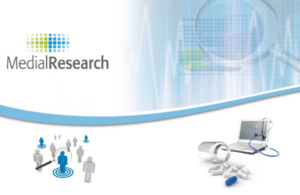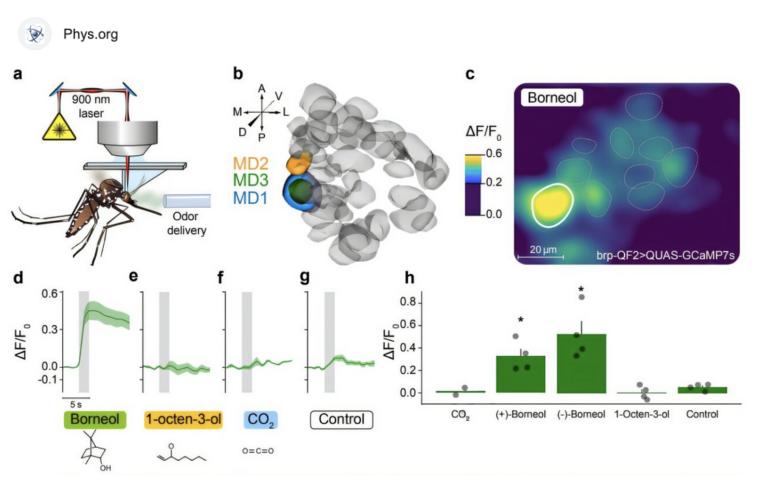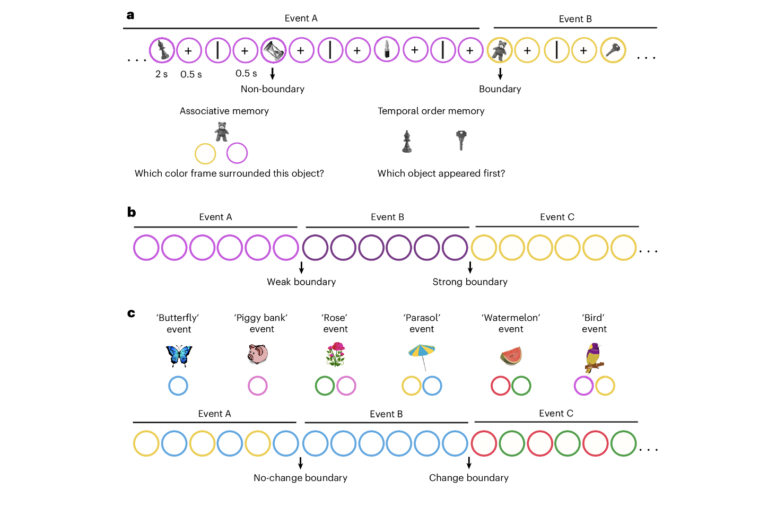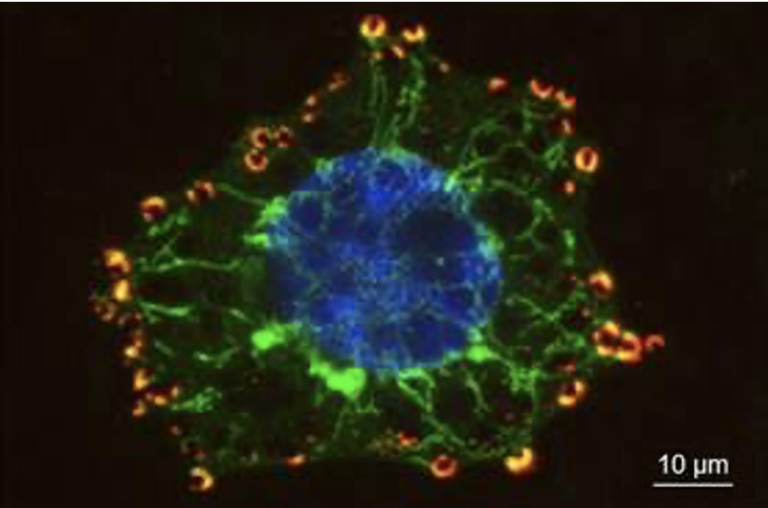Big data et cancer du côlon : Medial (Israël) et d'ex 8200 créent un système de dépistage révolutionnaire

[:fr]i24news. Des chercheurs israéliens ont développé un nouvelle technologie permettant de diagnostiquer le cancer du côlon à partir d’analyses de sang, a révélé mercredi le quotidien Haaretz. Ainsi, le système Medial pourrait révolutionner le dépistage et le traitement de la maladie, souvent détectée trop tard. Cette méthode de dépistage peu coûteuse, est basée sur une formule mathématique et « adaptable » dans le monde entier.
Le système mis au point par les scientifiques du Maccabi Healthcare Services et de la start-up israélienne Medial EarlySign est basé sur une formule mathématique qui révolutionne l’analyse des tests sanguins standards.
Selon les chercheurs, dont une partie issue de la prestigieuse unité israélienne de renseignement 8200, cette méthode de dépistage très peu coûteuse pourra être mise en œuvre dans les hôpitaux du monde entier.
« C’est très excitant d’être la première entreprise au monde à développer un système d’une telle importance, nous espérons que ce nouvel outil sera adopté dans le monde entier« , a déclaré le directeur de la Maccabi, Ran Saar, lors d’une conférence de presse annonçant la découverte mardi.
Les plus de 50 ans sont généralement les plus touchés par la maladie, qui peut passer inaperçu pendant des années jusqu’à l’apparition de douleurs abdominales. En Israël, le cancer du côlon est le troisième cancer le plus répandu et le deuxième cancer le plus meurtrier derrière le cancer des poumons.
i24news[:en]Medial EarlySign is a pioneer in the field of algorithmic analysis of medical data. Using advanced, proprietary technology, Medial analyzes large patient databases and develops products based on multidimensional predictive models that accurately evaluate personal risk levels and support the medical community in the diagnostic and therapeutic decision-making process.
The company’s first product, MeScore CRC, offers population-based eScreening for colorectal cancer in a simple, cost-effective program that has the potential to significantly improve compliance.
The Need for Predictive Models
The medical community world-wide is constantly challenged to improve the level of care while controlling costs. One of the keys to effective medical care lies in the ability to base diagnostic and therapeutic decisions on accurate risk prediction. Predictive models are used widely today, but since they consider a relatively small number of parameters, they do not provide a result that is closely correlated with the individual patient.
The Challenge: Modeling the Risk of the Individual
Physicians, health care organizations, and public agencies need decision support tools that can consider a broad range of factors to assess risk. These tools have the potential to improve screening, improve the accuracy of recommendations, and reduce the number of tests and treatments performed un-necessarily. However, developing complex models requires analysis and testing on very large data sets. This is impossible without the most advanced data processing techniques available.
The Medial Algomedical Platform
Medial’s Algomedical platform uses proprietary algorithms to predict the risk of medical conditions, or to pretest the probability of the results of specific interventions or diagnostic tests. It can simultaneously test hundreds or even thousands of parameters on millions of records to create multidimensional predictive models. Medial’s models are based on a large number of indicators, and therefore provide risk scores that are highly specific to the individual patient.
From Research to Commercialization
Medial engages in sponsored research in partnership with HMOs, hospitals and other medical organizations that have large patient databases suitable for analysis. Following discovery and testing of an effective model, Medial engages in productization and marketing of solutions for doctors, patients, insurers, and public agencies. Through this combination of research and product development, the company strives to improve both the quality and cost-effectiveness of medical care.[:]







